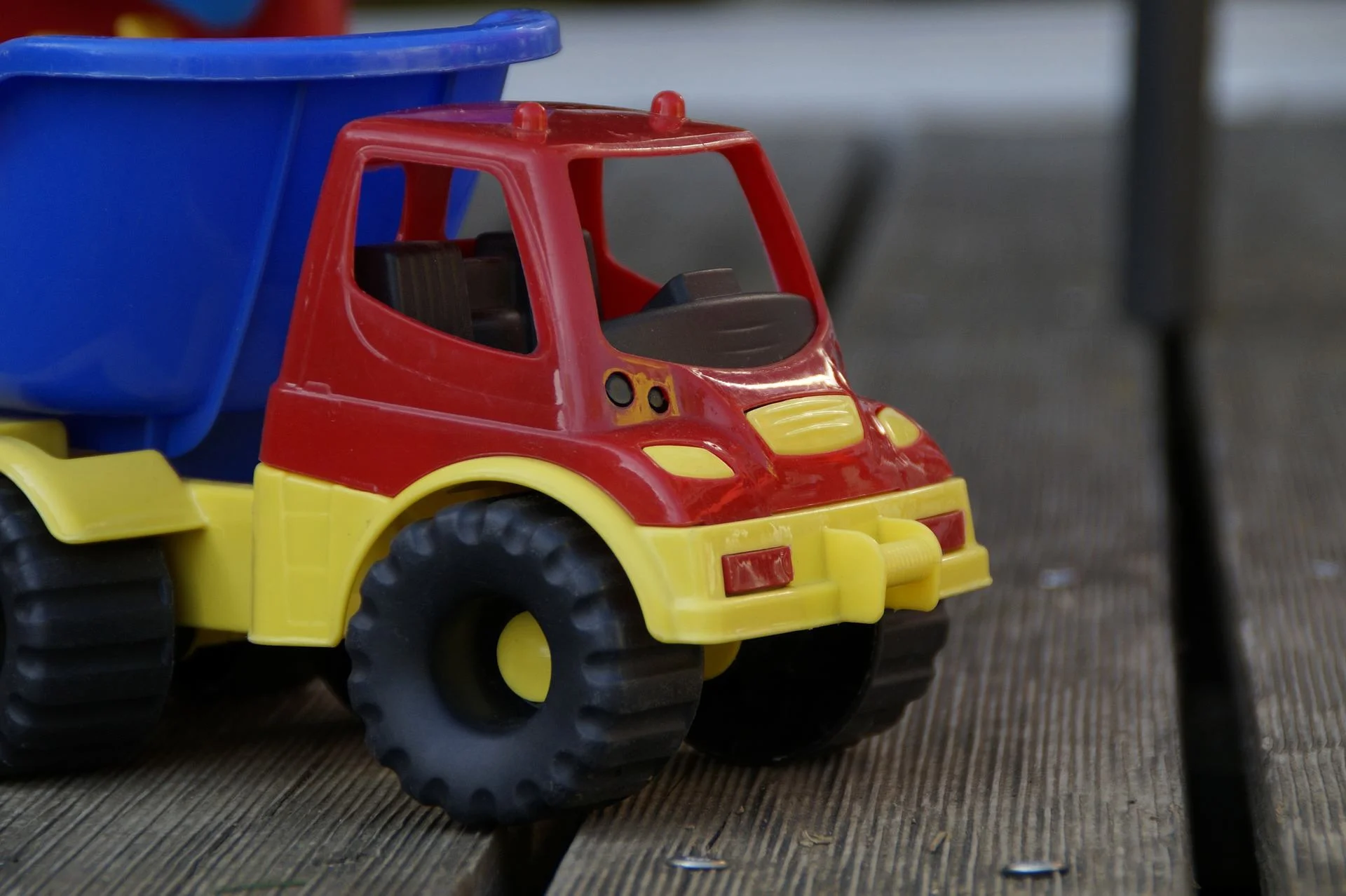How NOT to encourage lying
Parents are enraged when children lie, especially when the lie is obvious and the liar is clumsy. It is infuriating to hear a child insist that he did not touch the paint or eat the chocolate when the evidence is all over her shirt and face.
Provoked lies. Parents should not ask questions that are likely to cause defensive lying. Children resent being interrogated by a parent, especially when they suspect that the answers are already known. They hate questions that are traps, questions that force them to choose between an awkward lie or an embarrassing confession.
Quentin, age seven, broke a new truck given to him by his father. He became frightened and hid the broken pieces in the basement. When father found the remains of the truck, he fired off a few questions that led to an explosion.
Father: Where is your new truck?
Quentin: It's somewhere.
Father: I didn't see you playing with it.
Quentin: I don't know where it is.
Father: Find it. I want to see it.
Quentin: Maybe someone stole the truck.
Father: You are a liar! You broke the truck! Don't think you can get away with it. …
This was an unnecessary battle. Instead of sneakingly playing detective and prosecutor, father would have been more helpful to his son by saying: "I see your new truck is broken. It did not last long. It's a pity. You really enjoyed playing with it.”
The child might have learned some valuable lessons: Dad understands. I can tell him my troubles. I must take better care of his gifts. I have to be more careful.
—Haim Ginott
